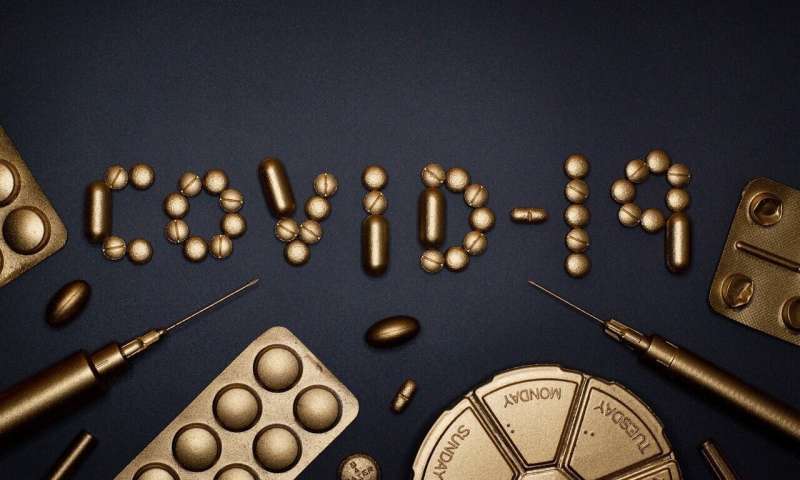WHO urges China to share raw data on early COVID cases


The WHO on Thursday urged China to share raw data from the earliest COVID-19 cases to advance the pandemic origins probe—and release data to address the lab leak theory.
The World Health Organization urged all countries to depoliticise the search for the origins of the pandemic, which has killed at least 4.3 million people and battered the global economy since the virus was first detected in the Chinese city of Wuhan in December 2019.
The WHO sent a team of international experts to Wuhan at the start of this year, and their long-delayed first phase report, written alongside their Chinese counterparts, said the SARS-CoV-2 virus that causes COVID-19 disease most probably jumped from bats to humans via an intermediary animal.
In a statement on advancing the next series of studies to find the origins of SARS-CoV-2, the WHO said it was “vitally important” to know how the coronavirus pandemic began.
“Building on what has already been learned, the next series of studies would include a further examination of the raw data from the earliest cases and sera from potential early cases in 2019,” the UN health agency said.
“Access to data is critically important for evolving our understanding of science and should not be politicised in any way.”
The WHO said it was working with several countries that reported detection of SARS-CoV-2 in samples from stored biological specimens from 2019.
For example, it said, in Italy, the WHO facilitated an independent evaluation by international laboratories of the findings of one such study, which included the blind retesting of pre-pandemic blood samples.
“Sharing raw data and giving permission for the retesting of samples in labs outside of Italy reflects scientific solidarity at its best and is no different from what we encourage all countries, including China, to support so that we can advance the studies of the origins quickly and effectively,” it said.
Lab leak theory
The first phase report ranked four hypotheses in order of probability.
It judged a lab leak to be an “extremely unlikely” source.
But after reading the report, WHO chief Tedros Adhanom Ghebreyesus said the probe into Wuhan’s virology labs had not gone far enough.
The theory was a US favourite under former president Donald Trump.
“China and a number of other member states have written to WHO regarding the basis for further studies of the SARS-CoV-2 ‘lab hypothesis’,” the WHO said.
“They have also suggested the origins study has been politicised, or that WHO has acted due to political pressure.
“On review of the phase one study report, WHO determined that there was insufficient scientific evidence to rule any of the hypotheses out.
“Specifically, in order to address the ‘lab hypothesis’, it is important to have access to all data and consider scientific best practice and look at the mechanisms WHO already has in place.”
It added that analysing and improving lab safety and protocols in all laboratories around the world, “including in China, is important for our collective biosafety and security”.
Source: Read Full Article